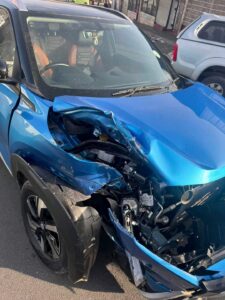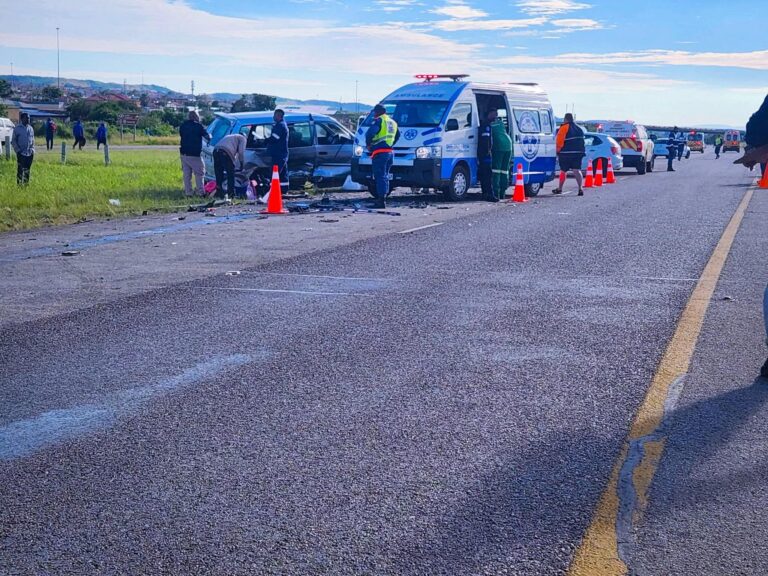
A woman’s unnerving story is circulating online after she claimed that a car she bought on 11 January 2025 was involved in a crash and written off exactly 40 days later, on 25 February 2025. The short timeline — a brand-new purchase reduced to a total loss in just six weeks — has sparked a wave of speculation, sympathy and, for some, talk of witchcraft.
According to her account, the woman purchased the vehicle on 11 January and was still celebrating the new acquisition when, on 25 February, she was in an accident severe enough that the insurer declared the car a write-off. The precise 40-day gap between the two events caught many readers’ attention. For those predisposed to the supernatural, the coincidence felt like more than bad luck; for others, it raised questions about timing, circumstance and the randomness of misfortune.

Social media reactions were immediate and mixed. Some users expressed heartfelt support, emphasising the emotional blow of losing a recently bought car and worrying about the financial and logistical fallout. Others were skeptical and framed the incident as an unfortunate but explainable accident — a reminder that new possessions are not immune to life’s unpredictability. A vocal subset of commentators, however, leaned into the story’s eerie rhythm, suggesting that the number 40 carries symbolic weight in many cultures and religions and that misfortunes appearing on round-number intervals can feel fated or cursed.
Beyond the supernatural chatter, the woman’s situation highlights practical concerns that many people face after a crash: dealing with insurers, arranging alternate transport, and shouldering the financial gap between the car’s value and any outstanding loan. When a vehicle is written off, owners often have to manage complex paperwork and sometimes accept settlement offers that don’t reflect the sentimental or replacement cost of the vehicle. Those details weren’t included in her original post, but they remain relevant for anyone who experiences a similar loss.

Experts and experienced drivers chimed in with a reminder: coincidences happen, and while numbers can acquire meaning after the fact, causation should not be assumed without evidence. Vehicle accidents commonly result from driver error, mechanical failure, road conditions or other drivers’ actions — factors that are generally mundane rather than mystical. That said, the emotional impact of a loss so soon after a purchase can make people reach for explanations that feel satisfying, whether spiritual or practical.
For now, the woman’s story is a snapshot of how quickly a small, personal event can become a public conversation in the age of social media. Whether readers see her experience as proof of witchcraft, a statistical fluke, or a cautionary tale about the unpredictability of life, the reaction underscores how we look for patterns in misfortune — and how we lean on one another for interpretation and support.
If you’ve experienced something similar or have advice about handling a vehicle write-off, many readers would likely appreciate hearing practical tips: how to communicate with insurers, document damage, and protect yourself financially after a sudden loss.




